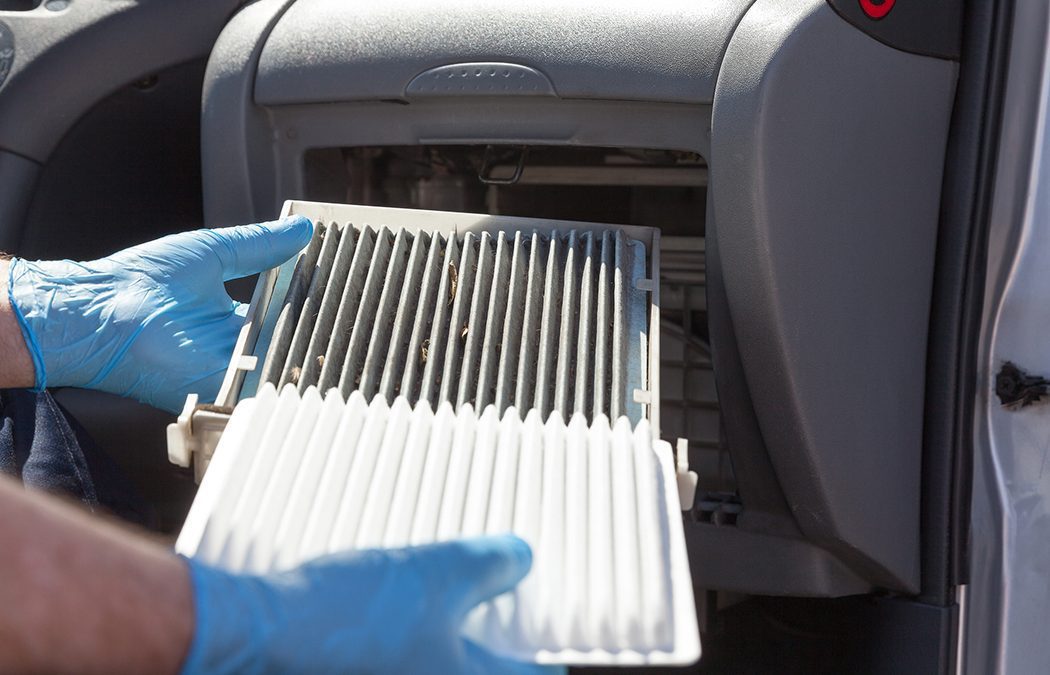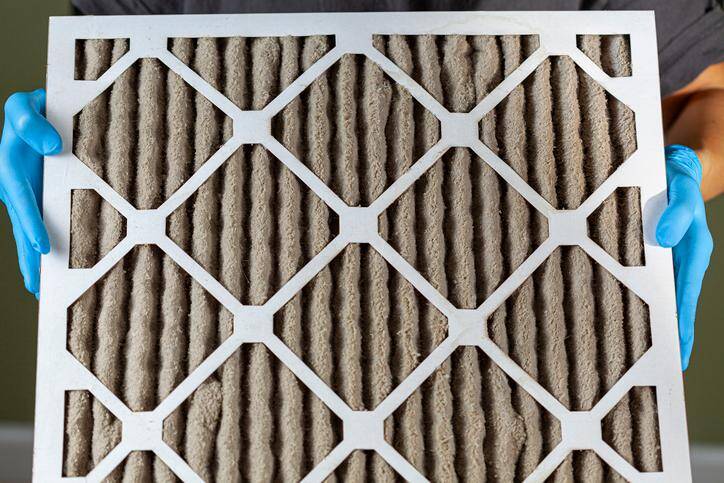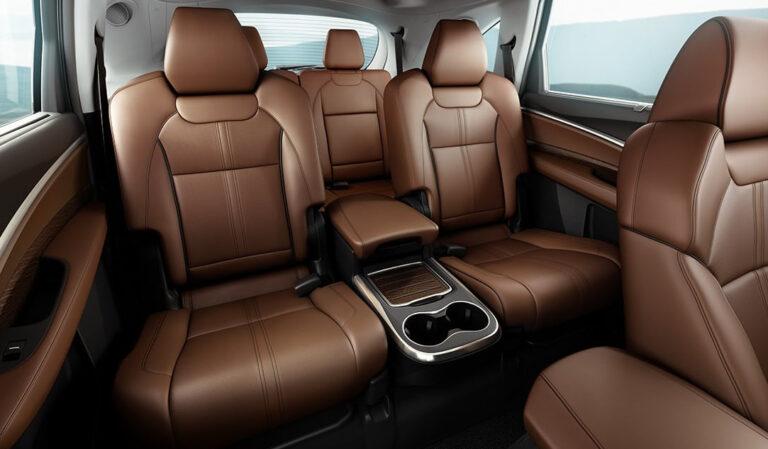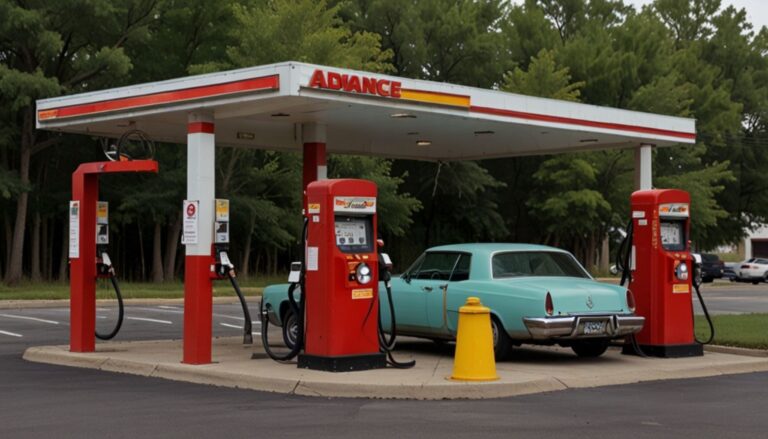
Yes, changing the cabin air filter does make a difference in the overall comfort and air quality inside your vehicle. The cabin air filter plays a vital role in filtering the air that enters the cabin through the HVAC system, helping to remove dust, pollen, pollutants, and other airborne particles. Regularly replacing the cabin air filter can improve several aspects of your vehicle’s performance and the air quality inside the cabin.
⚙️ How Changing the Cabin Air Filter Makes a Difference
1. Improved Air Quality
A clean cabin air filter ensures that the air entering the cabin is filtered of allergens, dust, and other harmful particles. This is especially beneficial for people with allergies or respiratory issues, as a clogged or dirty filter can allow pollutants to enter the cabin and affect overall health and comfort.
2. Better Airflow
When the cabin air filter becomes clogged with dust, dirt, or debris, it can restrict airflow through the HVAC system. This can make the air conditioning and heating less effective, leading to slower cooling or heating inside the cabin. Changing the cabin air filter can restore optimal airflow, making the HVAC system more efficient.
3. Reduced Odors
A clogged or dirty cabin air filter can lead to unpleasant odors inside the vehicle. The filter traps contaminants, but over time, it can become a breeding ground for mold and bacteria, especially if the filter is damp. Replacing the cabin air filter helps eliminate musty or stale smells and ensures fresher air inside the vehicle.
4. Enhanced HVAC Efficiency
A dirty or clogged cabin air filter makes the HVAC system work harder to circulate air through the cabin. Replacing the filter reduces strain on the system, improving its efficiency and allowing it to function at its best, whether you’re using the air conditioning, heating, or defrosting the windows.
5. Improved Defrosting
In colder weather, the cabin air filter also plays a role in the defrosting system. If the filter is clogged, the air circulation might be inadequate to clear the foggy or icy windows. Changing the cabin air filter ensures proper air distribution for effective defrosting.
🚗 When to Change the Cabin Air Filter
Most manufacturers recommend changing the cabin air filter every 15,000 to 30,000 miles or once a year, but this can vary based on driving conditions. If you drive in areas with a lot of dust, pollen, or pollution, you may need to replace the cabin air filter more frequently.
1. Signs It’s Time to Replace the Cabin Air Filter
- Reduced Airflow: If the airflow from the vents has decreased or feels weak.
- Unpleasant Odors: Musty or stale smells in the cabin could indicate a clogged filter.
- Increased Dust: If you notice more dust or pollen inside the car, it could be a sign that the filter is no longer doing its job.
- HVAC Performance Issues: If the air conditioning or heating isn’t working as effectively, it may be time to check the cabin air filter.
✅ Final Answer
Changing the cabin air filter does make a significant difference in improving air quality, airflow, HVAC efficiency, and overall comfort inside your vehicle. It helps reduce allergens, prevent odors, and ensures that the vehicle’s HVAC system works efficiently. Regularly replacing the cabin air filter as part of your vehicle’s maintenance routine will help maintain a cleaner, more comfortable driving environment.





